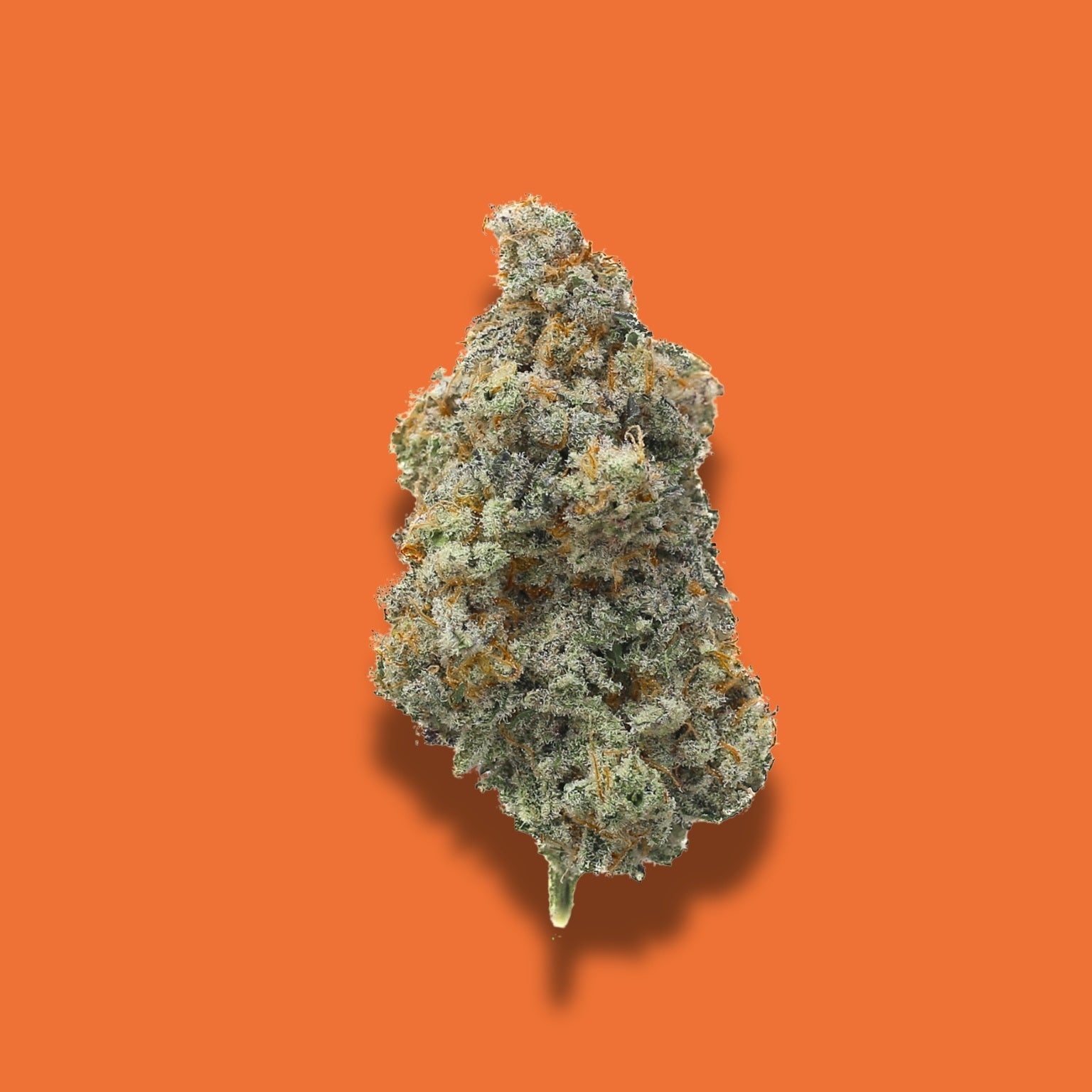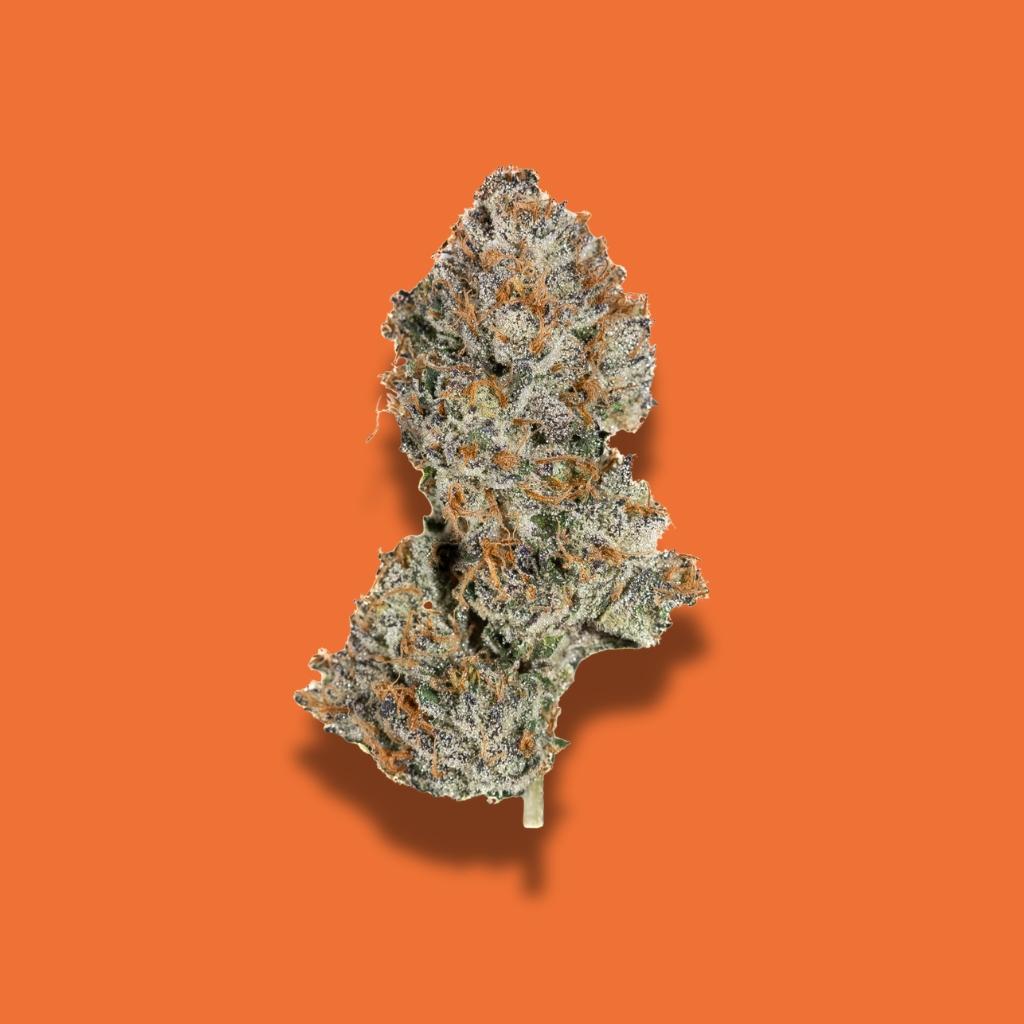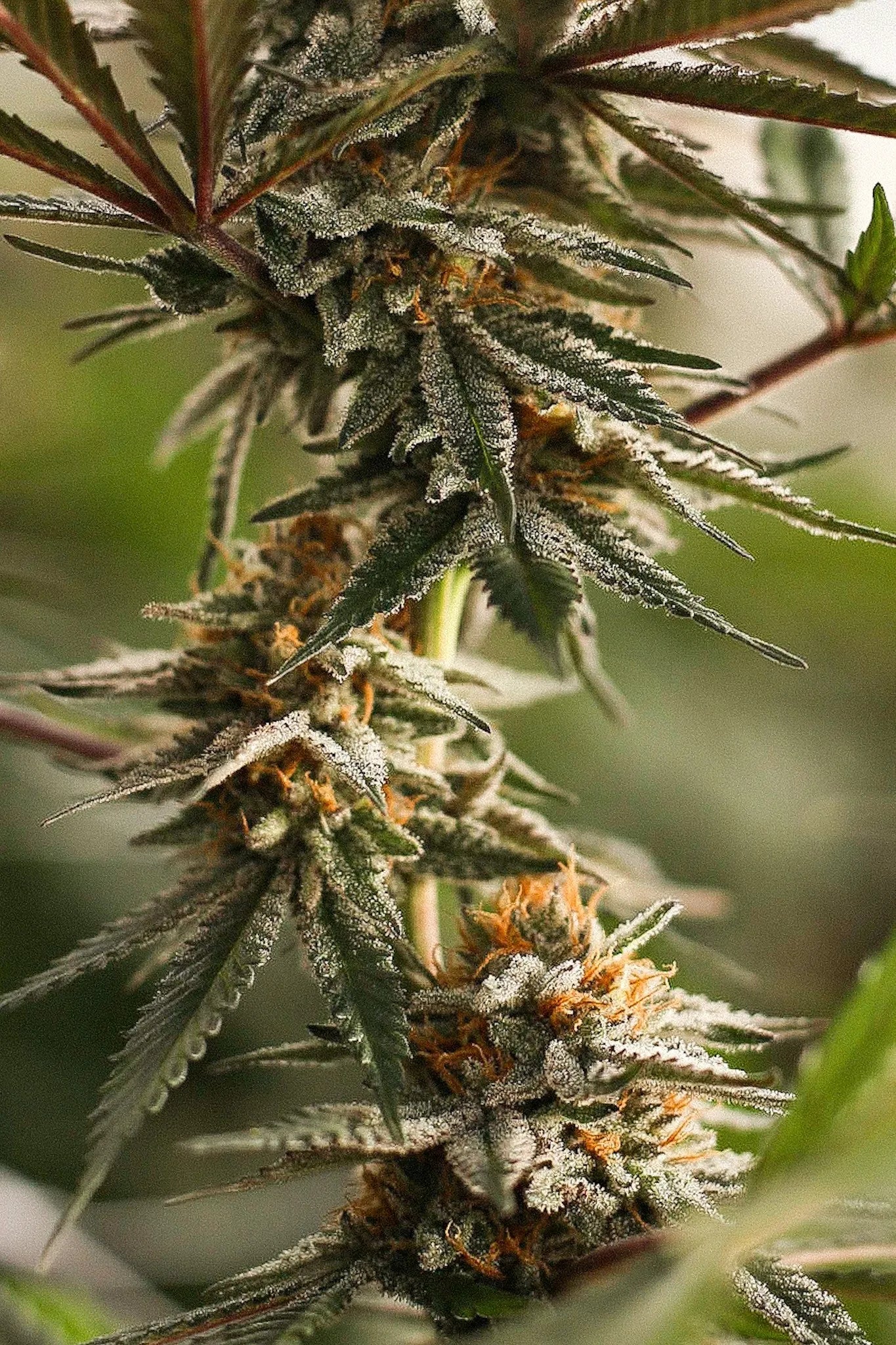As the interest in cannabis compounds grows, so does the curiosity about how long they linger in our systems. One such compound, THCA (tetrahydrocannabinolic acid), the non-psychoactive precursor to THC, has piqued the interest of enthusiasts and those undergoing drug testing. In this blog post, we unravel the timeline of how long THCA stays in your system, shedding light on factors that influence its presence.
Understanding THCA:
THCA is abundantly found in raw and freshly harvested cannabis. It does not produce the psychoactive effects commonly associated with THC until it undergoes decarboxylation, a process triggered by heat. When heated, THCA loses its carboxyl group, transforming into THC.
How Long Does THCA Stay in Your System?
Unlike THC, which can be detected in drug tests for several days to weeks, THCA's presence in the body is a bit more elusive. The exact duration THCA stays in your system depends on various factors:
1. Metabolism:
Individual metabolic rates play a significant role. A faster metabolism generally results in quicker elimination.
2. Frequency of Use:
Regular users may find that THCA takes longer to clear from their systems compared to occasional users.
3. Method of Consumption:
The way THCA is consumed can impact its persistence. Smoking or vaporizing may lead to faster elimination compared to oral ingestion.
4. Body Fat Percentage:
THC and its metabolites, including THCA, are lipid-soluble, meaning they can accumulate in fat tissues. Individuals with higher body fat percentages may retain THCA for a longer duration.
5. Hydration Levels:
Staying well-hydrated is often associated with faster elimination of substances from the body, including cannabinoids.
Drug Testing Considerations:
It's essential to note that standard drug tests typically target THC metabolites rather than THCA. However, some tests may cross-react with THCA, potentially leading to false positives. Understanding the type of test being conducted is crucial for accurate interpretation.
Conclusion:
While THCA's exact duration in the body varies, it generally doesn't stay as long as THC. Factors like metabolism, frequency of use, and hydration levels all contribute to the timeline of THCA elimination. As regulations and testing methods continue to evolve, staying informed about the unique characteristics of cannabis compounds is key for making informed decisions about consumption and potential testing outcomes.
Understanding THCA:
THCA is abundantly found in raw and freshly harvested cannabis. It does not produce the psychoactive effects commonly associated with THC until it undergoes decarboxylation, a process triggered by heat. When heated, THCA loses its carboxyl group, transforming into THC.
How Long Does THCA Stay in Your System?
Unlike THC, which can be detected in drug tests for several days to weeks, THCA's presence in the body is a bit more elusive. The exact duration THCA stays in your system depends on various factors:
1. Metabolism:
Individual metabolic rates play a significant role. A faster metabolism generally results in quicker elimination.
2. Frequency of Use:
Regular users may find that THCA takes longer to clear from their systems compared to occasional users.
3. Method of Consumption:
The way THCA is consumed can impact its persistence. Smoking or vaporizing may lead to faster elimination compared to oral ingestion.
4. Body Fat Percentage:
THC and its metabolites, including THCA, are lipid-soluble, meaning they can accumulate in fat tissues. Individuals with higher body fat percentages may retain THCA for a longer duration.
5. Hydration Levels:
Staying well-hydrated is often associated with faster elimination of substances from the body, including cannabinoids.
Drug Testing Considerations:
It's essential to note that standard drug tests typically target THC metabolites rather than THCA. However, some tests may cross-react with THCA, potentially leading to false positives. Understanding the type of test being conducted is crucial for accurate interpretation.
Conclusion:
While THCA's exact duration in the body varies, it generally doesn't stay as long as THC. Factors like metabolism, frequency of use, and hydration levels all contribute to the timeline of THCA elimination. As regulations and testing methods continue to evolve, staying informed about the unique characteristics of cannabis compounds is key for making informed decisions about consumption and potential testing outcomes.







